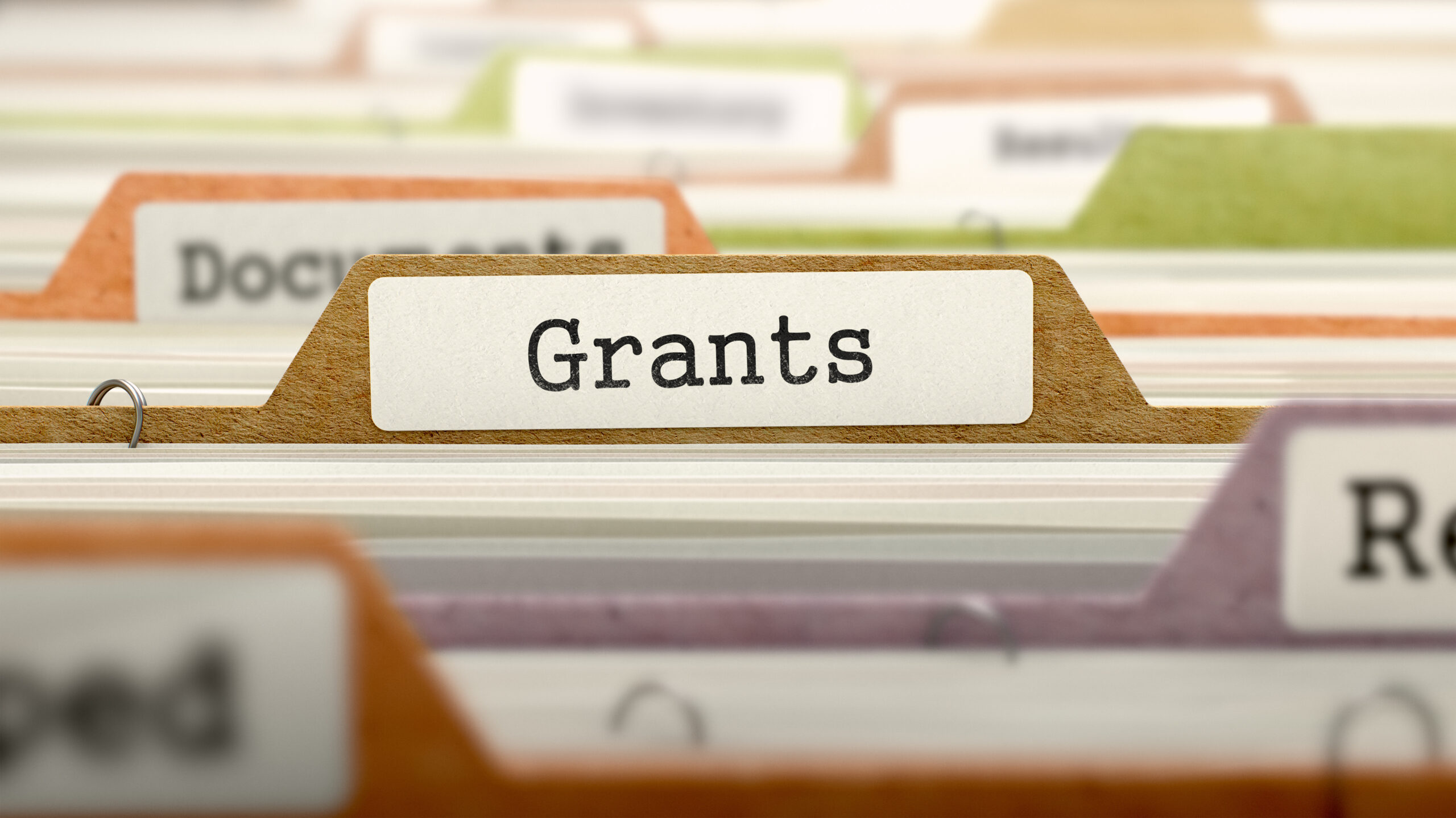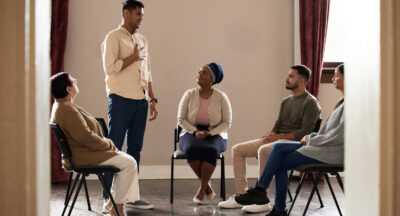
El Nuevo Día: Organizations receive a $6 million federal grant to address child poverty and health inequity.
Could preventing exposure to violence or nutritional deficiencies in childhood avoid physical or mental health issues? What impact does quality education from early childhood have on preventing long-term mental health diagnoses? Is it possible to prevent a teenager from being admitted to a juvenile institution with early intervention for antisocial behavior detection in childhood?
These questions guide a research project led by Grupo Nexos, which recently received a $6 million grant for the first five years from the National Institutes of Health (NIH), focusing on health service access disparities and child poverty.
This 10-year study aims to promote “structural changes” in the country, as explained by one of the initiative’s principal investigators and the executive president of Grupo Nexos, Dr. Marizaida Sánchez Cesáreo. “Scientifically, we know that lack of access to resources promoting optimal childhood development leads to physical illnesses and mental health issues at the individual level. At the community level, it results in less productive citizens, thereby impacting our country’s functionality,” pointed out Sánchez Cesáreo.
Under the initiative, formally named the Puerto Rico Collaborative Advancement of Research, Innovations, Best Practices, and Equity for Children, Youth, and Families (PR-CARIBE), children aged 0 to 21, along with their families and caregivers in 21 municipalities in the island’s southwestern region (spanning an imaginary line between Ponce and Mayagüez), will be studied and impacted, according to the researcher.
“The Youth Development Institute has conducted several studies in Puerto Rico in recent years, and we know that approximately 57% of children in Puerto Rico are poor, but there are areas even more affected. In the southwest of Puerto Rico, there are municipalities where up to 80% of children live under poverty levels, and there are deep service deserts. So, while it is true that all of Puerto Rico is poor, the southwest is more affected by earthquakes, COVID-19, deep poverty, lack of services, and the focus will be on embracing those children and their families and caregivers,” she expressed.
The focus on “structural change” implies evaluating best practices for direct family services offered by various entities, considering public policy for this population, and promoting replication to create a positive and lasting impact, Sánchez Cesáreo summarized.
In November will take place the first meeting with more than a dozen nonprofit organizations that will be part of the initiative’s advisory council, she advanced. “In Puerto Rico, there are many small projects doing wonderful things, but on a small scale. What we want is to scale these efforts significantly and sustain them over time, which is our main challenge,” she stated.
This sustained change, she highlighted, will be achieved through “collective impact”, involving researchers, academia, community organizations, philanthropic foundations, and government agencies. The study includes researchers from two universities—the Medical Sciences Campus of the University of Puerto Rico and Kennesaw State University in Georgia—and the Youth Development Institute as a consultant.
“A multisectoral group will critically examine the data and needs, determining where to begin in each municipality,” she pointed out. “Covering twenty-one municipalities is a wide geographical area, and the Census says that 200,000 or more children and their families live there. We will look, in terms of service need, where we are going to start,” she added.
As an example, Sánchez Cesáreo shared that there are already projects in that region on parenting skills involving several entities—including Escape, Urban Strategies, Centros Sor Isolina, the Department of Health, and the Afana Program—that combine funds from various sources, but these initiatives do not impact the 21 municipalities.
“The federal government indicates that Puerto Rico is on the verge of potential long-term sustainable change due to favorable modifications in the legal framework protecting children and youth over the last three years. If we can work collaboratively, all the entities involved in this, prospectively, sustainably, for the next 10 years, perhaps we achieve that this legal framework, what it presents, becomes permanent for children,” she stated.
Some of those positive changes in local legislation include the new Act 57 for the prevention of mistreatment, preservation of family unity, and for the safety, well-being, and protection of minors; the amendments approved last year to Act 88 of Minors and the rules of procedures for minors’ affairs; and Act 84 of 2021, which created the Commission to Combat Child Poverty, among others.
“By only offering services, I cannot permanently change, say, the social topography of those municipalities. If I want to change it permanently, just by providing services, it’s not going to happen. I have to work at the level of services, at the level of those important entities, what kind of practices they have (…) and, higher up, what public policy I am going to promote to address the issues, which results in funds that feed everything I have to do. It’s a solution that has to be multidimensional,” she specified.
Source: El Nuevo Día.
Related Posts
Culture of support needed for social workers
The discussion around how to break stigmas and support the well-being of an...
Mental health professionals urge a comprehensive look at the needs of children and youth in Puerto Rico
(Mayagüez, PR) - Adopting a broad human rights perspective on the development...
Dialogue to create joint efforts against juvenile delinquency
The “Puerto Rico Minors Act” (Act 88-1986) was recently reformed. In this...
Functional family therapy for young people in legal trouble
We live in a historic moment for our children and youth, with public policies to...




